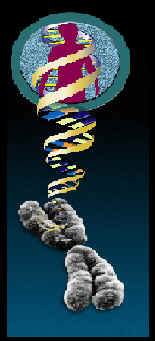I first read “The Golem: What You Should Know about Science” as an undergraduate student for an introduction to the sociology of scientific knowledge. I feel it’s an important book for anyone who wants to understand how science works. Ten years later, I still find myself revisiting it. Read on to find out why…
In their introduction, the authors say that portraying science as either necessarily virtuous or intrinsically malevolent is misleading. They suggest the most appropriate metaphor for science is a golem, a lumbering anthropomorphic clay creature from Jewish folklore. A golem is intrinsically neither good nor bad. A golem does as it is told and is extremely strong, if perhaps a little clumsy. Whilst it is potentially very useful, it is only as good as the human direction it receives.
“What you should know about science.”
To illustrate their point, the authors introduce and discuss seven controversies from the history of science, from topics as diverse as the experiments that ‘proved’ relativity, to observations on the sex lives of lizards. In each case they succinctly describe the science behind the controversy, and then they examine how the controversy was resolved (if it was). In doing so, they demonstrate how scientific conflicts are almost never resolved by a ‘killer experiment’. They give examples showing how the truth of two opposing scientific theories is being debated. In these cases, the notion of the killer experiment is a myth, as experimenters with opposing viewpoints can interpret the experimental evidence in different ways. If these controversies are resolved, it is seldom by a logical progression of experiments and conclusions as we might expect. As with any other debate, personalities, presentation and blind luck all play a role in deciding what the accepted resolution is.
A scientist’s perspective
If I had a criticism of The Golem, I would say that its focus on controversial science, whilst illustrative, makes day-to-day science seem messier and more antagonistic than it usually is. However, The Golem is interesting because shows us that science is not just a series of cold, detached observations, but the ideas and opinions of a diverse group of people, who happen to be scientists. It also shows us that it is no less remarkable for being so.
The Golem: What You Should Know about Science, by Harry Collins and Trevor Pinch, is published by Canto and is available on Amazon.







